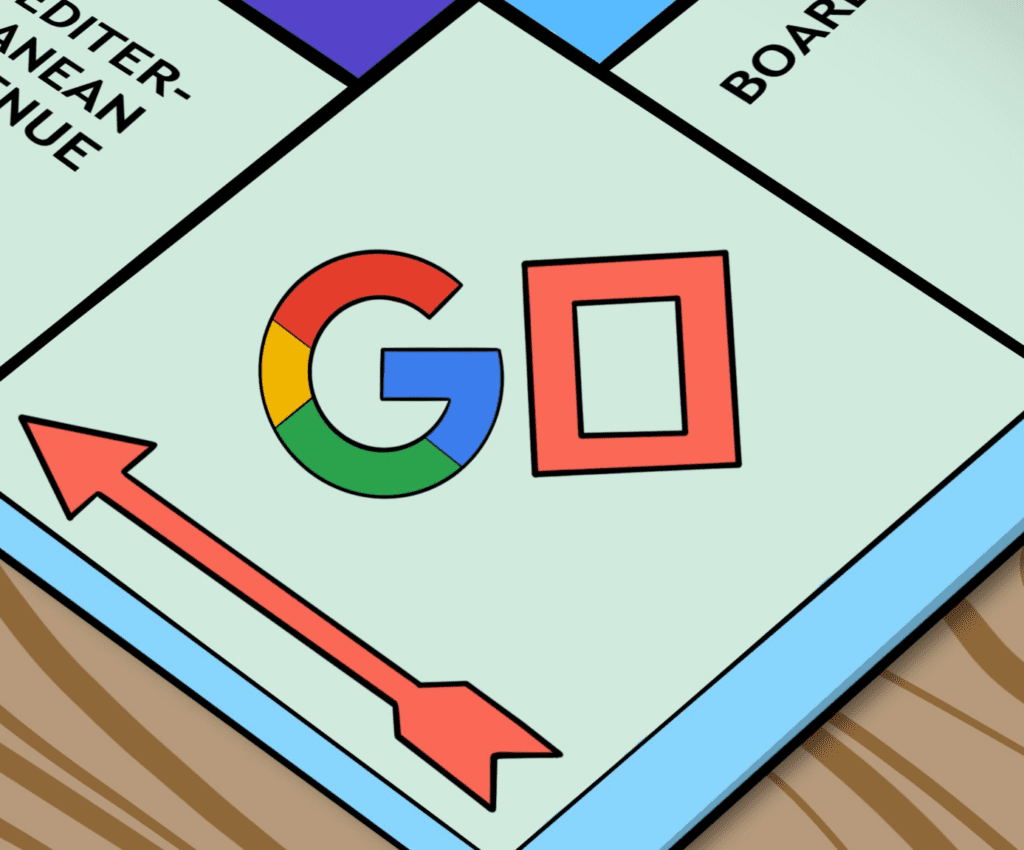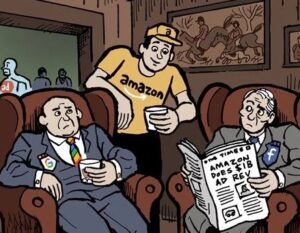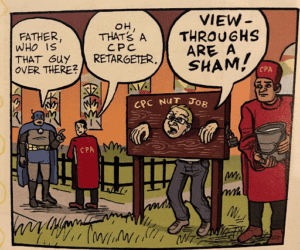Reddit And Weep
Scrapers gonna scrape. Publishers gonna sue.
The most recent example is Reddit’s lawsuit against four companies it alleges collected Reddit data via search results to sell to AI companies, including OpenAI and Meta, reports The New York Times.
Reddit has cultivated a lucrative business licensing its data to LLMs, so it’s heavily incentivized to crack down on companies selling data without a licensing agreement.
What makes this case intriguing is how the data was gathered – not directly from Reddit but indirectly through Google’s crawlers via third-party scraping vendors. In other words, the information is technically public, but the path to obtaining it is anything but straightforward.
The scrapers included SerpApi, Oxylabs and AWMProxy, three of the four companies named in the lawsuit, which then combined the scraped content with other data and resold it.
Reddit alleges that the fourth named company, Perplexity (yes, that Perplexity), was one of the buyers of such illicitly sold data.
Perplexity’s business model, according to the lawsuit, is to take Reddit’s content from Google’s search results, feed it into its AI model and “call it a new product.”
This Is Why We Drill
Regulatory wins against Google and Apple have often brought quick relief to those affected by their market power.
Case in point: Unity Software. The mobile monetization tech company just gleefully debuted a zero-fee product allowing mobile developer clients to push sales to their own site, thus avoiding fees charged by Google and Apple. The change could shift more than $4 billion in revenue from the two platform giants back to developers, Bloomberg reports based on estimates by Aldora Intelligence.
Just a casual four bills.
Also, Google is relenting on what has historically been its stone-cold indifference to media discounts, even for the biggest holdco buyers, Digiday reports. The shift comes after sharp criticism over Google’s lack of transparency and the stark contrast between its treatment of agencies and that of other media sellers.
As of January, Google began offering post-auction discounts and direct agreements (contractual terms negotiated directly between parties), a practice common across the media industry but previously unheard of in AdX’s historically rigid approach.
But it’s happening – and this AdX thaw comes just after a guilty conviction targeting Google’s sell-side tech (which is to say, AdX).
Mind The Shop
The Toks, they are a-changin’.
TikTok’s US operations are being transferred to a new ownership group following regulatory mandates. Meanwhile, TikTok continues to aggressively seek growth in ad revenue and on-platform sales through its ecommerce marketplace, TikTok Shop.
But there’s a delicate balance between marketplace sales and ads. One thing brands and merchants like about TikTok Shop is that creators can send ad traffic to a merchant or brand site.
TikTok recently restricted this ability, The Information reports.
Shopping posts can still link out. But if a purchase isn’t on TikTok, then the post loses promotional boostability, which is a big deal on a platform where advertisers can pay for inorganic virality behind a sponsored post.
And merchants begrudge being force-shifted to TikTok’s AI-based ad product, GMV Max. GMV is a reference to “gross merchandise value,” and “Max” is the preferred nomenclature for any platform trying to co-opt Google’s Performance Max mindshare.
Unlike Google or Amazon, TikTok has long held appeal because it wasn’t strictly pay-to-play. A merchant could list products without advertising, although sales growth was limited.
However, TikTok is now testing changes that may shift this model, pushing sellers toward paid promotions to maintain visibility.
But Wait! There’s More!
Speaking of TikTok, its execs are finally engaging more with marketers to assure them that no major changes will disrupt advertising during Q4 despite all the ongoing uncertainty. [Digiday]
Dean Aragón, CEO and vice chair of Shell Brands International, will succeed Marc Pritchard, P&G brand chief officer, as chair of the ANA. [Adweek]
The Omnicom-IPG merger is expected to close in November. [MediaPost]
Here’s today’s AdExchanger.com news round-up… Want it by email? Sign up here.
















